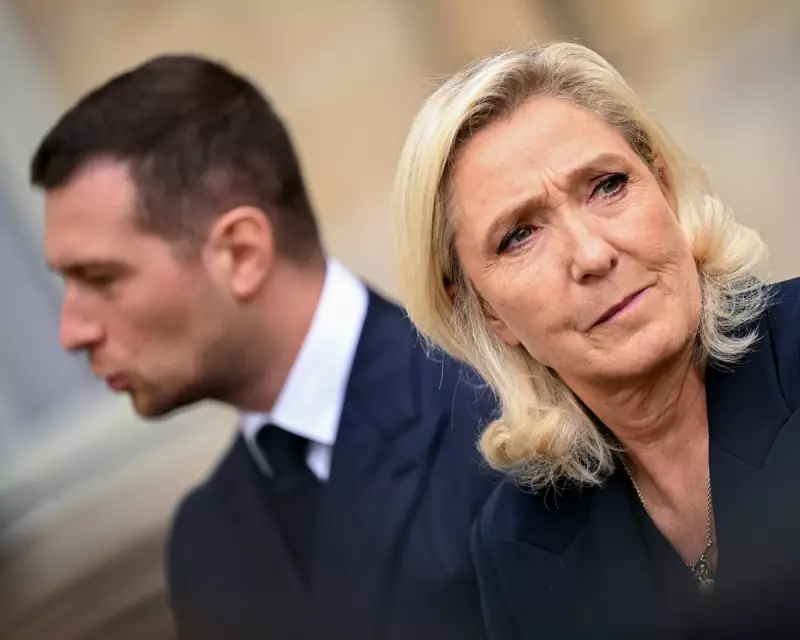
France's political landscape is undergoing a seismic shift as the mainstream conservative party, Les Républicains, moves perilously close to an alliance with Marine Le Pen's far-right National Rally. This potential pact threatens to dismantle decades of Gaullist tradition and could pave the way for a far-right government by the 2027 presidential election.
The Crumbling Republican Front
The long-standing taboo against collaborating with the extreme right, established by former President Jacques Chirac, is rapidly disintegrating. The informal 'republican front' – which previously united parties from centre-right to radical left to block National Rally candidates in run-off elections – has effectively collapsed. This breakdown was starkly illustrated last month when Bruno Retailleau, chair of Les Républicains, urged supporters to back a National Rally-aligned candidate against a socialist in a southwestern byelection, resulting in a decisive far-right victory.
Recent opinion polls reveal the dramatic scale of this political realignment. The National Rally now commands at least 35% support in presidential polls, whether led by Marine Le Pen or her protégé Jordan Bardella. Meanwhile, potential Les Républicains candidates struggle to reach 10%, and centrist support continues to shrink.
Conservative Power Struggle and Policy Convergence
Les Républicains are locked in an internal power struggle between hardliners like Bruno Retailleau and parliamentary leader Laurent Wauquiez, with both factions increasingly adopting nationalist rhetoric. The party has been actively toughening its stance on immigration, with Retailleau recently campaigning against birthright citizenship and tightening conditions for immigrants to receive French nationality.
Conservative leaders are openly testing collaboration with the far right. Wauquiez recently met with radical anti-Islam campaigner Éric Zemmour to discuss holding a presidential primary open to candidates from centre-right to far-right. Although the National Rally shows little interest – their candidates already lead significantly in polls – the mere discussion represents a significant bridge-building effort.
European Implications and Political Fallout
The consequences extend beyond French borders to the heart of European politics. In the European Parliament, Les Républicains have been aligning with far-right positions, notably voting with National Rally members against ambitious EU carbon emissions targets and supporting a censure motion against European Commission President Ursula von der Leyen.
This political manoeuvring reflects a broader European trend where centre-right parties increasingly cooperate with far-right factions to advance deregulation agendas. The erosion of France's political firewall against extremism mirrors developments in the EU legislature, where the centre-right European People's Party now regularly seeks far-right votes when centrist and socialist groups resist their proposals.
As municipal elections approach in March, local agreements between conservatives and the far right appear increasingly likely, potentially resulting in more National Rally mayors and councillors. If Les Républicains become the enablers of a hard-right takeover, this could spell the end of the Gaullist legacy in French politics while putting Paris on a collision course with the European Union over citizenship rights, welfare policies, and climate commitments.





